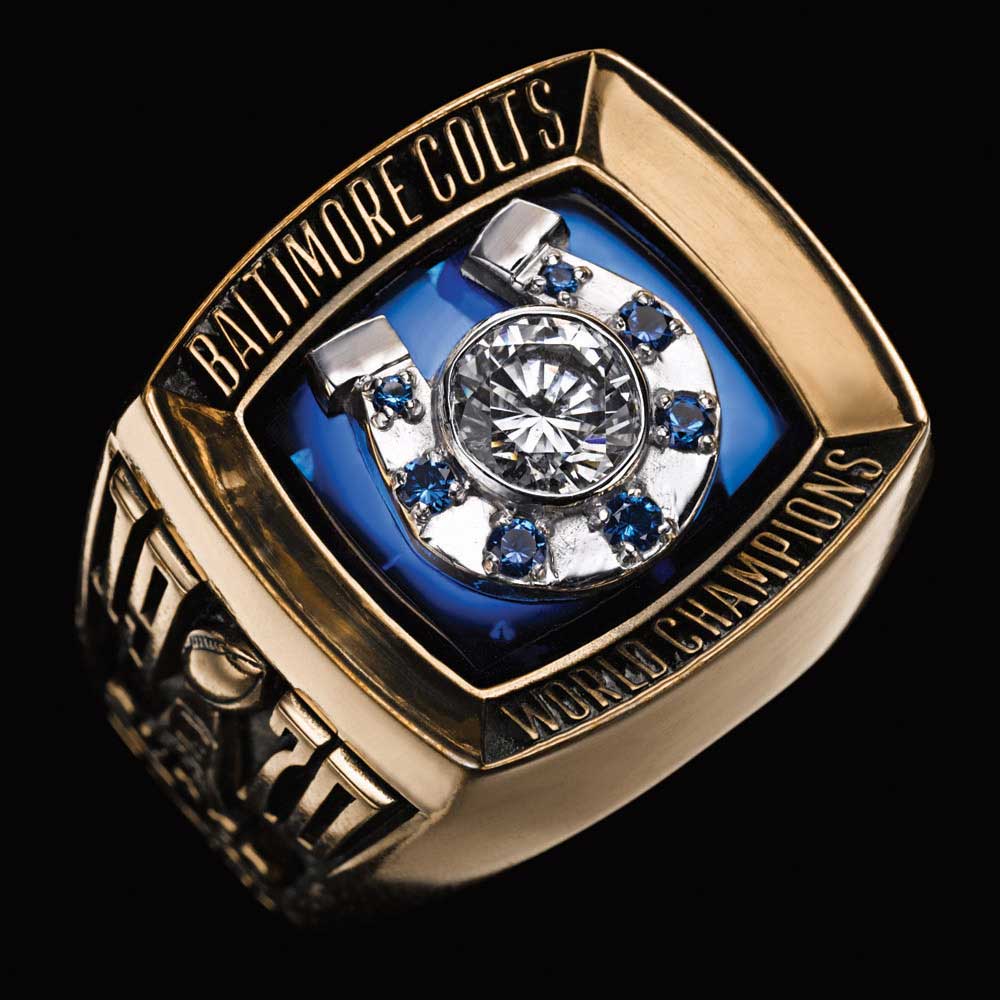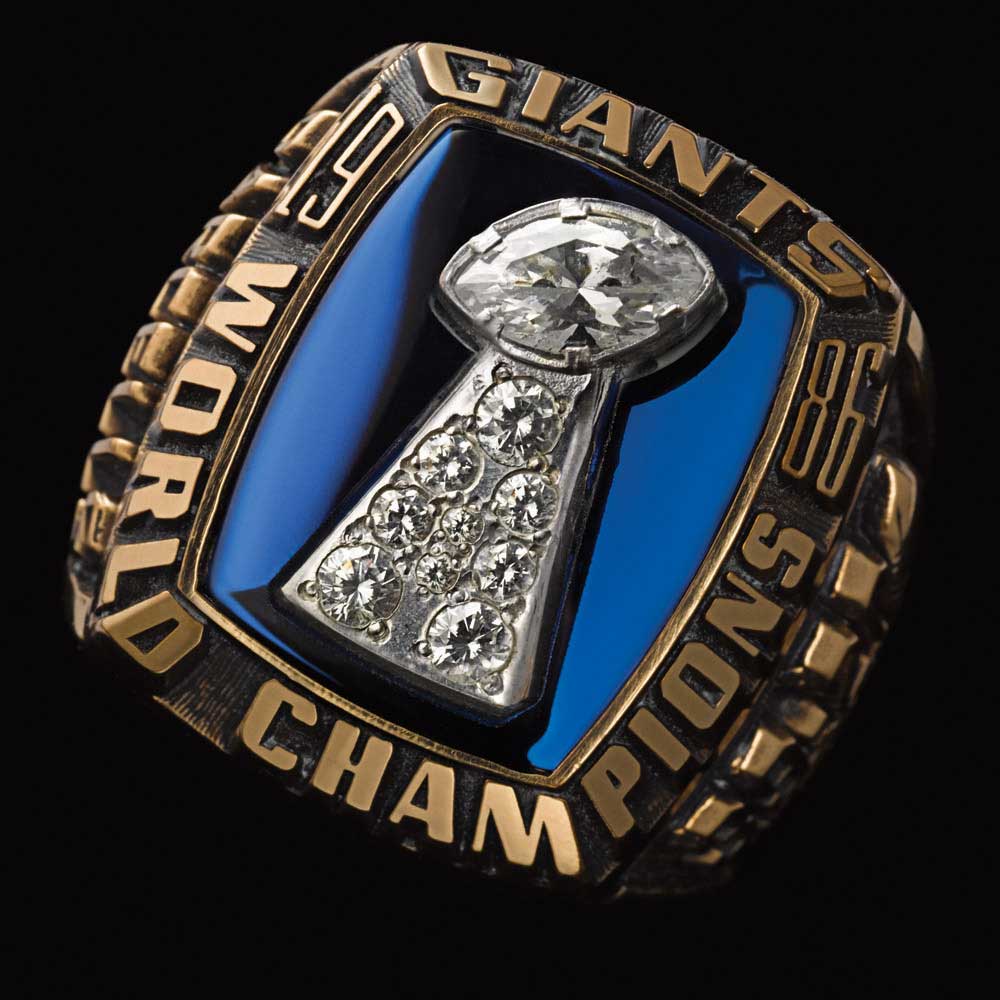
On Sunday night, as confetti rains down on the University of Phoenix Stadium, there will be millions of elated sports fans declaring “We Won!”
For many people who do not follow sports, fans yelling “we won” appears to make no sense. The fans didn’t play the game. And the lives of the fans after the game will be just as they were before it was played.
But, a major victory by the favorite team of a male sport fan does more than simply cause the fan to scream and yell. Seeing his team dominate on the field can cause a man’s endocrine system to ramp up the production of testosterone. And where there is testosterone there is the desire to seek out sex. And where there is a desire for sex there is, often, a population searching for pornography online.
This chain of events begins with something every hard-core sports fan knows to be true. Your team’s victory is your victory. From the fan’s perspective, you may as well have been personally responsible for each perfect pass, acrobatic catch, and bone-breaking tackle. And for fans of the loser, they know that the team’s loss is their loss, and their feeling of despair can be just as acute as it is for the players who’ve had their dreams crushed on the field.
But, you don’t have to be sport’s fan to know that the victory (and the defeat) of another individual can feel very personal to those who are cheering on the sidelines. You probably remember how you felt, for example, when Barack Obama was first elected President of the United States.
We would expect that both Obama and McCain would feel these losses. And the Challenge Hypothesis, which says that during competition the testosterone level of a dominating male rises and of a defeated male falls, predicts such a physical response. But recent research suggests that these biological responses went beyond the individuals running in the elections. In his first address following the election, soon to be President Obama said, “I will never forget who this victory truly belongs to. It belongs to you. It belongs to you.” Many voters would have shared that sentiment; just as many others would have felt that the defeat of John McCain belonged to them as well.
Psychologists Patrick Markey and Charlotte Markey conducted research that found that in the week following George Bush’s Presidential victory in 2004, Google searches for the top 10 pornography keywords increased above the average for the year in red states and fell in blue states. After the midterm elections in 2006, when the Democrats took control of the House of Representatives and the Senate, these Google search terms for porn rose in blue states and fell in red states. And in the week following Barack Obama’s presidential victory, porn searches were up again in the blue states and down again in the red states.
Elections matter, of course, but Democrats and Republicans have seen their party win many times. Each year, fans of only one team get to experience a Super Bowl victory. So, what does seeing your team win this game do to your testosterone levels?
Last year — in Super Bowl XLVIII — the Seattle Seahawks crushed the Denver Broncos in a 43-8 victory. After this win, residents of Washington State took to their computers to look for porn; key word searches for the top five porn keywords increased in that state by just under 8% relative to the previous week. Residents of Colorado, on the other hand, found something else to do; searches for the same words in that state fell by 1.5%.
The previous year we saw the same story. Super Bowl XLVII ended in a narrow victory by the Baltimore Ravens against the San Francisco 49ers. After this victory, residents of Maryland increased their porn keyword searches by an average of 3% relative to the previous week and residents of California decreased theirs by 5%.
At this point these numbers are really nothing more than back of the envelope calculations using the same methodology applied in Markey and Markey’s research. But they suggest that on Sunday night male sports fans — in Washington and Massachusetts — will be, literally, physically transformed by the game.
The Other Way Testosterone Affects the Game
The impact of testosterone is not only felt by fans after the game. It also affects the actual participants in the game. Higher levels of testosterone are related to physical attractiveness. And one glance at Tom Brady and Russell Wilson — the opposing quarterbacks in this game — reveals that these are two good-looking men.
It turns out, this is not unusual for NFL quarterbacks. In an article published in Economic Letters, researchers used the computer program Symmeter to measure the facial symmetry of NFL quarterbacks. They found that while the average score of men is in the high 80s (on a scale of 0 to 100), the average NFL quarterback has a score of 98. And of the two quarterbacks in the Super Bowl this weekend, Tom Brady’s score is 99 and Russell Wilson’s score is 99.4. Yes, Brady and Wilson are good-looking, even relative to other quarterbacks.
These scores suggest that higher levels of testosterone — which again, result in higher levels of attractiveness — are a pre-requisite to even play quarterback in the NFL. And testosterone doesn’t just get you on the field. Perhaps surprisingly, it also impacts a quarterback’s paycheck. Even after controlling for performance, a better-looking quarterback receives more money.
So it appears the impact of testosterone affects both players and fans. Testosterone appears to have a role in who gets on the field of play, and the play impacts the testosterone levels of the fans.
If you happen to invite a non-sports fan to your Super Bowl party, you might hear this person exclaim that none of this really matters. Now you know, though, that this person is wrong. This game has the power to physically transform the fans who “win” and “lose.”
See All 48 Superbowl Rings
















































More Must-Reads from TIME
- Donald Trump Is TIME's 2024 Person of the Year
- Why We Chose Trump as Person of the Year
- Is Intermittent Fasting Good or Bad for You?
- The 100 Must-Read Books of 2024
- The 20 Best Christmas TV Episodes
- Column: If Optimism Feels Ridiculous Now, Try Hope
- The Future of Climate Action Is Trade Policy
- Merle Bombardieri Is Helping People Make the Baby Decision
Contact us at letters@time.com